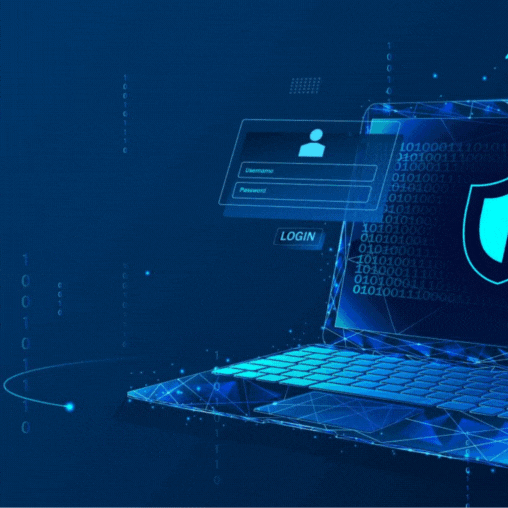JAPANESE COMMUNITY RELATED NEWS
(SUPPORTING BY THE NIPPON CLUB)
Taking care of your mental health in the face of COVID-19 outbreak
04/16/20

-
Takashi Matsuki, M.D. Psychiatrist, Psychotherapist
In the midst of this pandemic of coronavirus disease 2019 (COVID-19), we are living in a very stressful time. Everyone reacts differently to stressful situations. Adverse responses to stress are common and include anxiety, depressed mood, sleep disturbance, irritability, change in appetite, increased use of substances, somatic symptoms such as gastric and intestinal distress, general aches and pains.
1. Know it’s okay to feel stressed. You’re not alone.
Human beings like certainty and connection. There is now a lot of uncertainty and a lot of physical isolation, which are distressing for all of us. It is absolutely natural for each of us to feel stress, anxiety, fear and loneliness during this time. Be easy on yourself and do not blame yourself for feeling stressed.
2. Avoid too much exposure to news and social media.
Hearing about the pandemic repeatedly can be upsetting and overwhelming. Distress about the outbreak is often increased by exposure to media content, which is often sensational and may contain misinformation. Always turn to reliable sources of information such as your local government authorities, Centers for Disease Control and Prevention at www.cdc.gov, or World Health Organization at www.who.int.
3. Separate what is in your control from what is not.
A large part of distress comes from a sense of what we think we should be able to control, but can’t. It’s important to be aware that we are not helpless in light of current events. There are things you can do, and it’s helpful to focus on those. Take care of your body, wash your hands, and maintain social distancing.
4. Focus on Self-Care
Try to eat healthy well-balanced meals, exercise regularly, and get adequate sleep. Avoid alcohol, tobacco, and other drugs. Make time to relax. Try to do some other activities you enjoy.
5. Establish and maintain a daily routine
Having consistency in your daily life and keeping a regular schedule provides a sense of control, predictability, calm, and well-being. Going to sleep and getting up regularly, and getting dressed and doing what you usually do, can positively affect mental health.
6. Stay connected with others
During this time of social distancing, make sure to stay connected with friends and loved ones through the use of technologies, because social interaction is extremely important for good mental health.
7. Reach out for professional help if you need more support
We are in this together, and help is always available. If you’re feeling alone and struggling, it’s ok to reach out to a mental health professional for support. It can be comforting to share what you are feeling and experiencing with those trained to help.
And if you or anyone you know is experiencing suicidal thoughts or considering self-harm, you can text CRISIS to 741741 for free to the Crisis Text Line for confidential crisis counseling, or call the National Suicide Prevention Lifeline, 1-800-273-8255; if it’s an emergency, call 911.
Disaster Distress Helpline
Call 1-800-985-5990 or text TalkWithUs to 66746National Suicide Prevention Lifeline
Call 800-273-8255 or Chat with LifelineCrisis Textline
Text TALK to 741741








